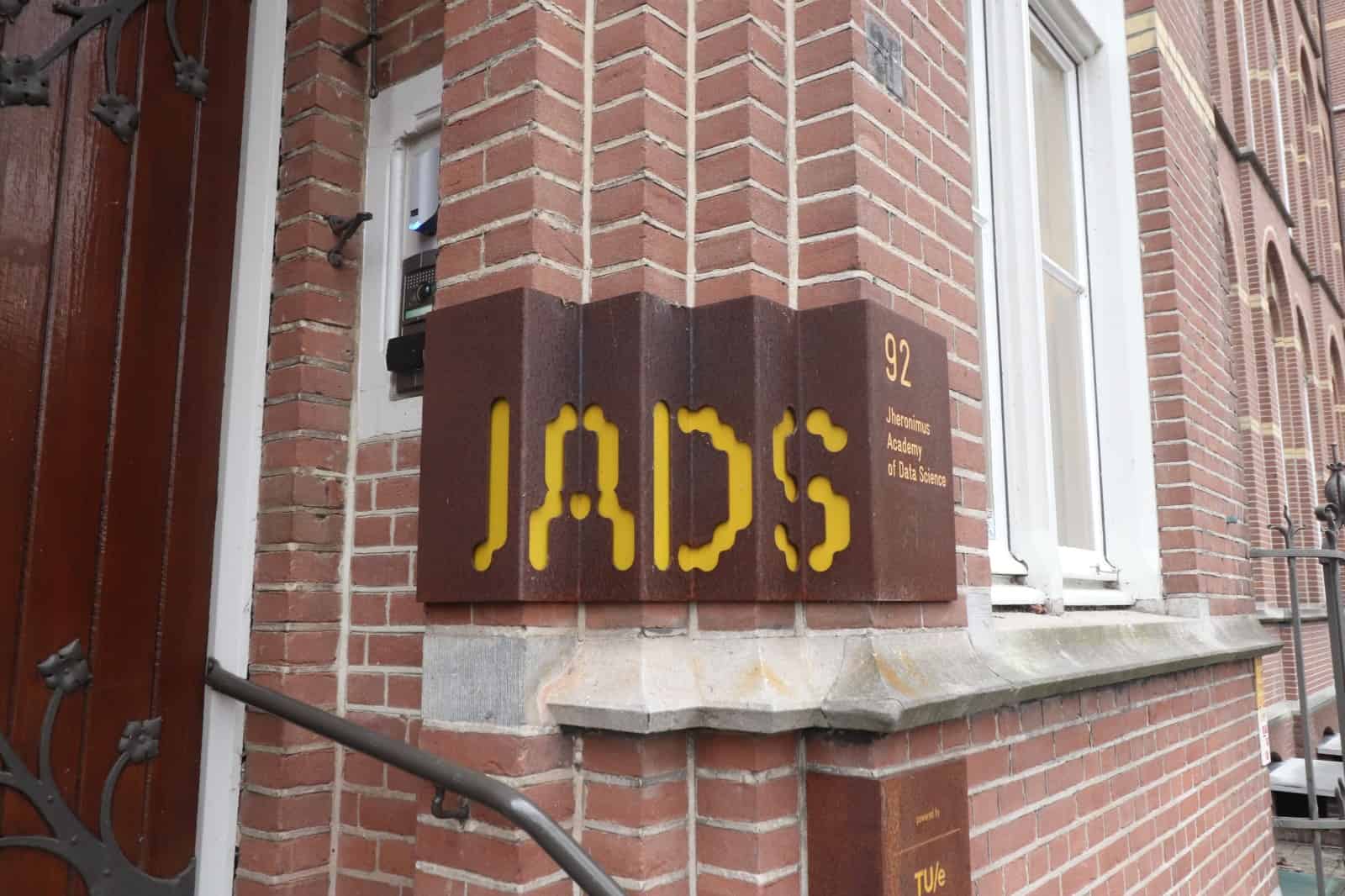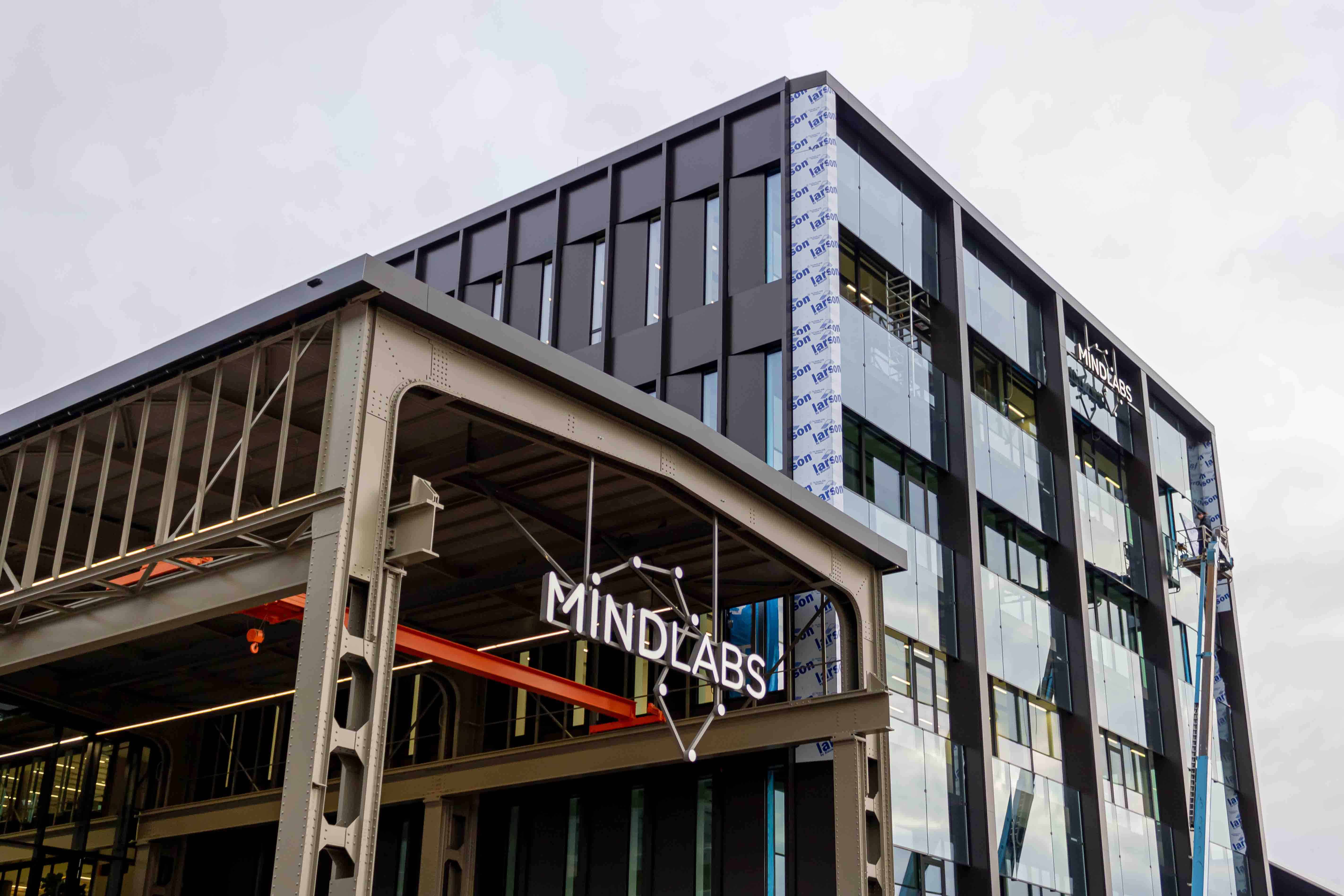
About Datacation
- Founders: Ralf Zoetekouw
- Founded in: 2021
- Employees: 8
- Money raised: -
- Ultimate goal: Create a family with a mentality that democratizes data for everyone.
Data is the new gold. As a company, you’ve got to do something about it quickly, otherwise you will miss the boat. Ralf Zoetekouw would often hear this statement when he was the chair of Unipartners Maastricht, the organization that forms a bridge between universities and small and medium-sized businesses (SMEs). Zoetekouw studied econometrics and has learned a lot about data over the years. He saw how companies were struggling: “Everyone wants to keep up with this trend, but no one knows where to start,” says Zoetekouw.
“Everyone also tends to immediately start throwing around fancy words like Artificial Intelligence (AI) and Machine Learning. But what do these things actually mean for a company?” he adds. “An SME doesn’t have to start using AI right away. In fact, it’s no use at all if the basis is not sound. A structured way of storing and processing data is what you need to start with.” Zoetekouw saw a gap in the market in this. “I was really keen on becoming an entrepreneur, and with my knowledge of economics and mathematics, I thought I could really help companies out. That’s how Datacation was born.” The start-up helps companies – mainly from the SME sector – with all their issues surrounding data.”
What do you do exactly?
“We show what data can do for a company and what the fancy terms that come with it actually mean. There is still a lot to be gained here, especially among SMEs. These companies often don’t have their own data analytics team, but they do have concrete questions in this area.”
“We always work on the basis of a step-by-step plan to make it as clear and comprehensible as possible for companies. Step 0 is to see what data there is in a company and how it is stored. Step 1 is to set up a data infrastructure, a data warehouse or a data lake. This basically means that we put all the data in one place as well-structured and as clearly laid out as possible. All the data that is of no use to us – often about 90 percent of the total – is not included in the warehouse or lake. We can eventually create value from the remaining 10 percent.”
“The next step is to arrange data clearly on the dashboards. That way, the data becomes visually comprehensible and you can immediately see how things are going when it comes to financial matters, such as turnover targets and marketing matters. The third and final step is to use and put data science, such as predictive analytics, into practice. For example, you can predict money flows and maintenance on machines so that you, as a company, are not faced with any unpleasant surprises.”
Can you provide an example of that?
“Last year we worked on a planning tool for venues in hotels. The way it works now is that the first person to register has first choice. Other bookings are then planned around this. This means that a hall may be reserved for an hour in the middle of the day for a meeting, which means that a wedding, for instance, can’t take place on that same day.”
“That is not an optimal use of space. At Datacation, we’ve developed an algorithm that, for every incoming booking, checks to see if there’s a high probability that another, better booking might turn up. Based on that, the system automatically decides whether to approve, reject or put the booking on hold. In time, the system will also offer an alternative date or time if a booking does not fit into the calendar. This enables us to optimize the scheduling of meetings and parties.”
Is it just about consultancy or is there more?
We are primarily busy with consultancy, although we are always on the lookout for a solution that you can make scalable for more companies. We would then really like to market that as a product. The first product we came up with is an Essential Information Document- EID – for people who want to start a crypto fund. You have to be able to present a document with a risk analysis, a presentation scenario and a cost analysis to investors who want to join the fund. This is a document that is complicated in legal terms as well as content, because the analyses are based on mathematical formulas. We have created a tool where you input information about your fund. Then the EID rolls out just like that. The Netherlands Authority for the Financial Markets (AFM) checks the document and then you are able to start the fund.”
“Our goal is to bring one product to the market every year. Our knowledge helps companies to move forward this way. Apart from that, we make sure that there is a steady cash flow in our company. This year, we are working on a product for football clubs in the Dutch Premier League.”
Also interesting: Innovative data dashboard creates digital twin city

Why is it that data is suddenly so important and valuable?
“In the past, it was simply not possible to store data on computers. Now it can be done. That opens up opportunities to analyze that data as well, which leads to new insights. For example, take a look at the tool for the hotel industry, which enables planning to be done much more efficiently and leads to higher profits as a result.”
So why is Datacation important to companies?
“Companies need help to harness data in the right way. It’s the only way to find real gold hidden amongst all that information. We enjoy helping companies and other organizations with this and we also find it important to do so. That’s why we regularly do pro bono projects, for example for the University Medical Center Utrecht (UMCU).
“People who have undergone surgery for pancreatic cancer are closely monitored after surgery. A CT scan is regularly done to see if the cancer cells have returned. Unfortunately, sometimes the radiologist can’t see very clearly if there are new cancer cells on the pancreas, or if it is just normal scarring on the cells. In such cases, the patient has to undergo another scan after a few months. During this time, patients live with a great deal of uncertainty. If the cells are cancerous, then these have time to develop further in the intervening period. We are researching whether we can use AI to train a computer to better recognize the difference between cancer cells and normal cells. Patients will then gain clarity a lot sooner. They will be treated – if necessary – more quickly, which increases the likelihood of survival.”
What does the future look like for your business?
“I think AI will soon be indispensable in our daily lives. Soon it will be in almost all the products around us. Predictive maintenance will become very big. For instance, we’ll already know when a product needs servicing before it breaks down. Those kinds of developments are going to change our lives in a positive way. And we haven’t even touched on healthcare yet. AI can save lives, for example, because it enables diseases to be diagnosed at an earlier stage. I foresee more and more demand for AI solutions from companies in the future.We are ready to provide support in answering those questions.”








